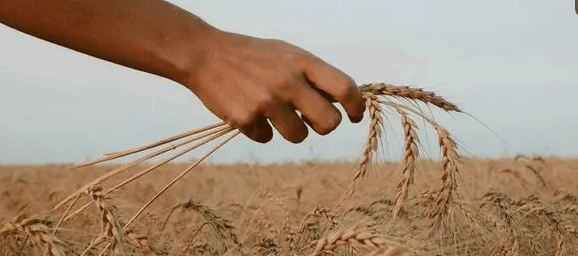Recent protests by farmers in Pakistan have highlighted a severe wheat crisis, primarily attributed to corruption rather than climate change impacts. Punjab, historically known as the breadbasket of Pakistan, has seen agricultural productivity decline due to mismanagement and corrupt practices within the government.
The issue escalated last year when the government resorted to wheat imports amidst an unprecedented flour shortage, leaving many across the country queuing for meager supplies and struggling to afford basic food items. This crisis has resulted in dire consequences, including children going to school without lunch and families barely managing one meal a day.
Farmers accuse the government of neglecting to purchase their abundant harvests, exacerbating their financial hardships despite overcoming numerous agricultural challenges. In Punjab and other provinces, fertile agricultural lands have been encroached upon by real estate projects, often backed by military involvement, further diminishing arable land.
The situation underscores a critical failure in governance and agricultural policy, where corruption has undermined food security and agricultural sustainability. The protests reflect a deep-seated frustration among farmers who demand transparency, fair pricing, and policies that prioritize agricultural development over personal gain.
The wheat crisis gripping Pakistan serves as a stark reminder of the devastating impact of corruption on agriculture and food security. Addressing these systemic issues is crucial to restoring Punjab’s agricultural prowess and ensuring farmers receive fair compensation for their hard work. Effective governance and policies that prioritize transparency and sustainability are essential for Pakistan’s agricultural future.
Error




